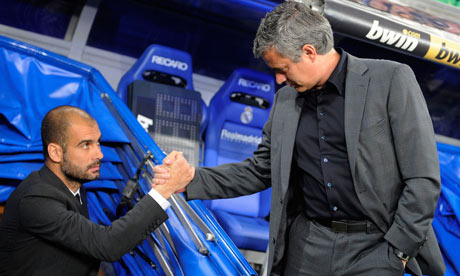"If you want to change a people's obedience, you must change their imagination."
Writing essays for college has forced me to produce a small body of work for which I must take responsibility. For each individual essay I never set out with a preconceived notion of what it is I'm going to write, either because I want the readings I do to take me in unfamiliar directions or because I simply don't have enough knowledge to have any preconceived notions about the topic at hand.
And yet as I remember some of my past essays and plot the present one there is an obvious strand that runs right through them. It is the strand of "imagination". Here I show my Brueggemannian and Haysian roots, for these were (and still very much are) two scholars whom I would file under "influences". Imagination as a serious theological strand (and serious theological faculty) was articulated quite convincingly in a book I read last summer called Imagining God, and it's one that fuels my excitement about the work of theology.
Since these things always get names we might call it Imaginative Theology, which is not merely a theology of the imagination but theology done by the imagination and for the imagination of the community of faith. I don't claim to be doing imaginative theology, but I do think that theology at its best affects most fundamentally our imaginations, defined by Brueggemann as our "capacity to host a reality or a world other than the one that is in front of us," that is, our capacity for faith, hope and love. That doesn't mean that theology must take the form of fantasy stories, or that there is no room for systematics or dogmatics. It does mean that when Jesus told the parable of the Lost Sons he was not giving us primitive source material for the real work of theology but was himself doing the real work. These beautiful stories are as valid a work of theology as a beautiful portion of Karl Barth's Church Dogmatics, who takes the stories and uses a gifted imagination to construe them into dogmatic form in the service of the church's imagination.
It is with this understanding of theology that I attempt to write about Paul's first recorded writing to the Corinthians. Paul, as far as I understand him, had a knowledge of Scripture that was surpassed only by his imaginative use of it in the service of his churches. Paul's capacity to host an alternative world to the Greco-Roman world in front of him was magisterial, and it is precisely this capacity that we read when we read his New Testament epistles. In effect, we are reading nothing less than the imagination of Paul given over to the community for its up-building.
That theology can and must be this gives me goosebumps.









